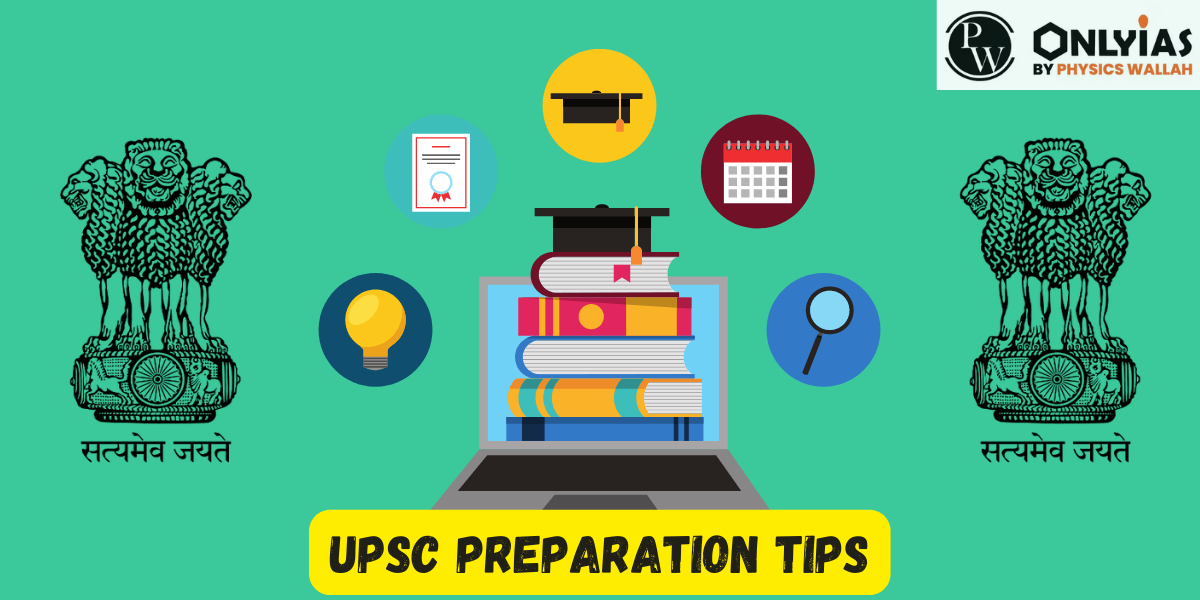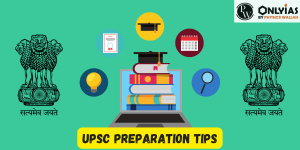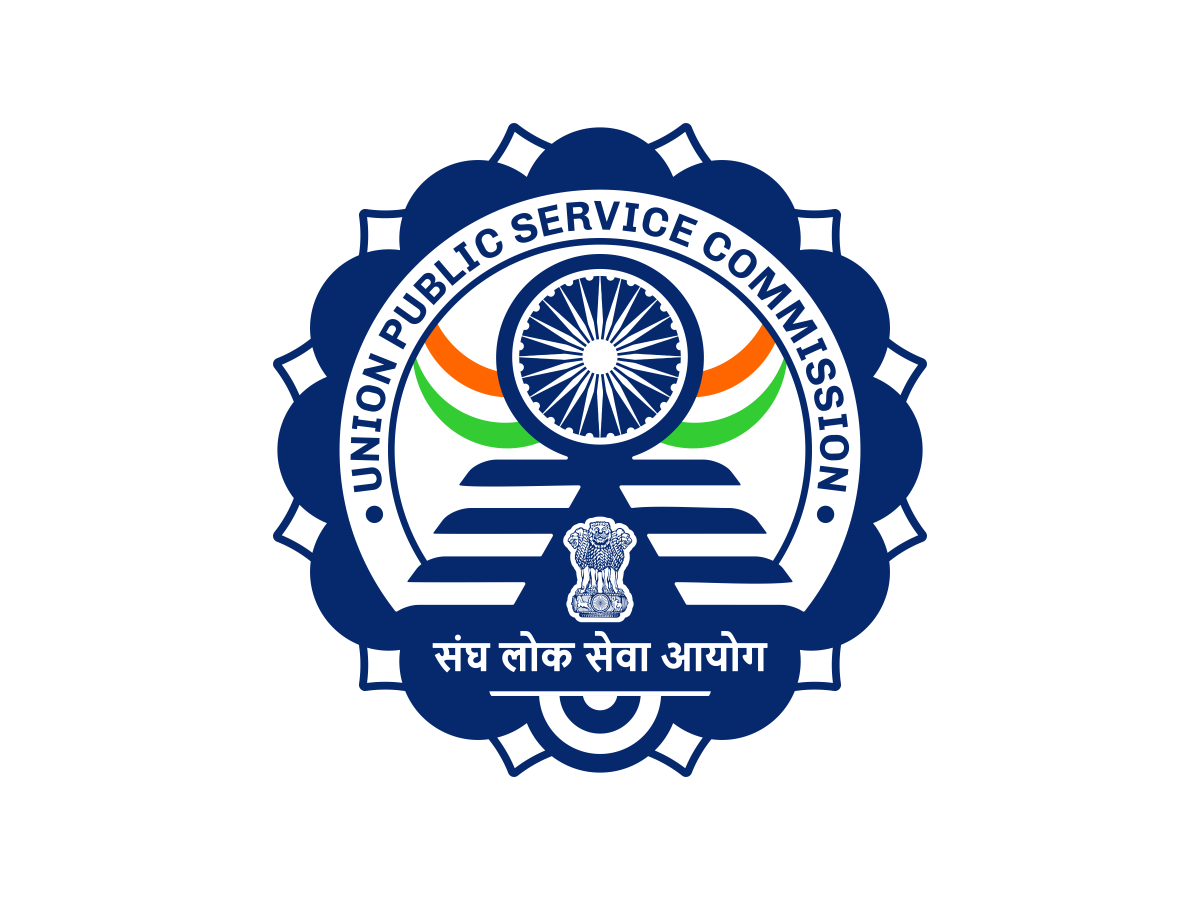
UPSC Preparation Tips: When embarking on your UPSC preparation journey from the comfort of your home, it’s essential to have a solid understanding of the UPSC syllabus and exam pattern. Mere hard work isn’t sufficient to conquer the IAS exam; it’s the combination of hard work and strategic thinking that yields remarkable results. Aspiring candidates opting for home-based IAS preparation must formulate an effective plan and execute it meticulously to achieve success.

UPSC Preparation Tips: To ensure a successful UPSC preparation journey from home, it’s imperative to adopt a well-crafted strategy. Here, we offer invaluable study tips and insights to assist you in tackling the IAS exam with confidence and achieving a triumphant outcome. In this article, we present a comprehensive analysis that empowers aspirants to navigate obstacles and chart a clear path towards Civil Services success.
The Civil Services Examination, commonly known as the IAS Exam, comprises three distinct stages: UPSC Prelims, Mains, and the Personality Test. Each phase of the examination necessitates a unique approach. Your geographical location or study environment holds little significance; what truly matters is the level of preparation you invest in for the rigorous IAS exam, widely considered one of the most challenging tests in India.
UPSC Preparation Tips: To embark on your UPSC preparation journey, it’s crucial to establish a comprehensive strategy that accommodates the requirements of each exam stage.
1. Initiate by compiling a list of essential reference books essential for commencing IAS preparation. These books are readily available in print or digital formats.
2. Opt for a reputable newspaper like The Hindu to stay updated on current affairs. Maintain separate notebooks for each subject to organize your notes effectively. Dedicate a notebook solely to current affairs.
3. Determine your optional subject choice for the Mains examination after thoughtful consideration.
4. Devise a realistic and adaptable study timetable that aligns with your routine and preferences. These preliminary tips should not take more than two days to implement.
UPSC Preparation Tips: While preparing for UPSC at home is feasible, certain challenges might arise. Acknowledging and addressing these hurdles is essential to streamline your preparation process.
1. Limited resources and lack of expert guidance can hinder your progress due to the extensive syllabus of UPSC.
2. The abundance of study materials and books available can perplex newcomers, making it challenging to choose the most relevant and effective resources.
3. The vast syllabus might overwhelm beginners, potentially causing them to lose direction without proper coaching.
4. Designing an efficient study schedule without external coaching can pose challenges for candidates preparing for UPSC at home.
5. Without guidance, pinpointing and rectifying weak areas can be difficult during self-preparation.
6. The absence of an external evaluator makes it challenging to assess descriptive answers effectively.
It’s important to note that while coaching can be beneficial, joining a coaching program is not an absolute necessity.
The UPSC (Union Public Service Commission) examination is renowned for its rigor and selectivity, making it a significant milestone for those aspiring to serve the nation through civil services. Preparing for this examination requires dedication, strategic planning, and the right approach. In this article, we will delve into some valuable UPSC preparation tips that can help candidates navigate this demanding journey successfully.
Before diving into preparation, it’s crucial to have a clear understanding of the UPSC examination structure. The examination consists of three stages: Prelims, Mains, and the Interview. Each stage requires a distinct approach and preparation strategy.
Begin your UPSC preparation as early as possible. Adequate time allows for comprehensive coverage of the syllabus and gradual learning. Create a well-structured study plan that allocates time for each subject, revision, and practice tests. A planned approach helps in maintaining consistency and managing stress.
A deep understanding of the UPSC syllabus is fundamental. Carefully go through the prescribed syllabus for both Prelims and Mains. This helps in focusing your efforts on relevant topics and prevents wasting time on irrelevant areas.
Reading newspapers, quality magazines, and relevant books is essential to stay updated with current affairs, social issues, and global events. Develop a habit of critical reading and note-taking. This practice enhances your knowledge base and aids in forming well-rounded opinions.
Begin your preparation by revisiting NCERT (National Council of Educational Research and Training) books from 6th to 12th grade. These books provide a strong foundation in various subjects and are a valuable resource for conceptual clarity.
Time management is a key factor in UPSC preparation. Set realistic daily and weekly goals, and allocate specific time slots for studying, revision, and practice tests. Efficient time management ensures comprehensive coverage of the syllabus and reduces the last-minute rush.
The Preliminary Examination (Prelims) comprises two objective papers – General Studies (GS) and Civil Services Aptitude Test (CSAT). Focus on practicing multiple-choice questions (MCQs) from reputable sources and work on improving speed and accuracy.
Mains examination demands in-depth knowledge, analytical skills, and effective expression. Develop the ability to write clear and concise answers. Practice answer writing regularly and incorporate relevant facts, examples, and case studies to substantiate your points.
Stay updated with the latest current affairs through newspapers, news websites, and magazines. Develop a habit of noting down important events, issues, and developments. Make use of online platforms to access current affairs quizzes and analysis.
Regularly take mock tests for both Prelims and Mains. Mock tests simulate the exam environment, helping you manage time, improve accuracy, and assess your performance. Analyze your strengths and weaknesses to refine your preparation strategy.
Choose your optional subject wisely and allocate sufficient time for its preparation. Ensure that your optional subject aligns with your strengths and interests. Thoroughly understand its syllabus and practice answering questions to develop proficiency.
Revision is the key to retention. Periodically revise all subjects and make concise notes for quick reference. Regular revision helps in reinforcing concepts, enhancing memory, and boosting confidence.
Maintain a positive attitude throughout your preparation journey. Ups and downs are part of the process, but a positive mindset helps in overcoming challenges. Practice relaxation techniques, exercise regularly, and ensure adequate sleep to manage stress effectively.
Preparing for the UPSC examination requires dedication, perseverance, and a systematic approach. By following these UPSC preparation tips, you can enhance your chances of success and embark on a fulfilling journey towards becoming a responsible and effective civil servant, contributing to the progress of the nation.

Exploring the Path to Begin UPSC Preparation: Step 1: Establishing the Groundwork - Engage with NCERTs for foundational knowledge. Step 2: Staying Informed - Initiate newspaper reading for current affairs updates. Step 3: Expanding Knowledge - Utilize standard reference books to enhance understanding. Step 4: Grasping Union Budget Concepts. Step 5: Refining CSAT Skills Through Practice.
Typically, individuals typically dedicate around 10-12 months to thoroughly prepare for this challenging examination. Nonetheless, some candidates have managed to accomplish this within 6 months, while, regrettably, for others, even 6 years have proven inadequate.
While NCERT books are essential for UPSC preparation, they alone may not suffice. Given the extensive UPSC syllabus, relying solely on NCERTs won't cover the entire curriculum. To achieve a high score in the exam, it's advisable to complement your studies with additional reference books and resources.
Preparing for UPSC from the comfort of your home is manageable. Maintain a strong sense of self-assurance. Nevertheless, there are certain fundamental challenges that you might encounter during your home-based UPSC preparation. The extensive UPSC syllabus can pose a significant challenge due to potential shortages of resources and the absence of expert guidance for candidates.
<div class="new-fform">
</div>